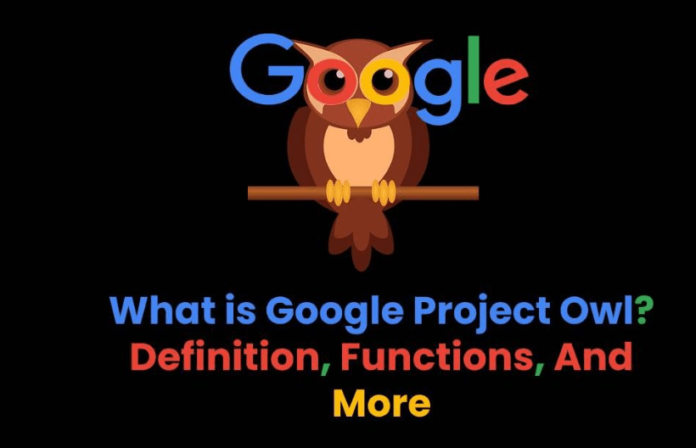Google Project Owl is a new service from Google that tries to fight the false news that keeps polluting search results across the web. Project Owl also offers two new methods to report what people perceive to be unreliable search results, thus breaking the false news cycle. The social group integrated teams of individuals to develop new algorithms that better display more accurate information on search results. The Google team did not stop there, however, and they have also integrated with another application that makes it easier for users to verify the content of online sources. Users who visit newsgroups or forums can check the archive or read posts by other contributors to verify if they agree with the information provided.
For example, one of the examples Google presented when explaining how Project Owl will work was a story about the Aurora shooting. The story stated that “a leading Holocaust denial’s website” had posted an article that described the killing as a “massacre.” When a user searched the term “holocaust denial,” he/she would get the article, which described the event as “a horrendous act of terror that claimed the lives of 6 million Jews during World War II. The article links to the site denying the holocaust with this sentence: “The six million number is completely inaccurate due to the lack of correct records.”
Although the article links to the site denying the holocaust, the reader is not spared from reading another comment by the author claiming, “The actual figure is six million innocent Jews killed in the Nazi concentration camp system.” Google has now taken corrective action by removing the erroneous entry. Clearly, Google is concerned about inaccurate information appearing in search engine results, and this measure will help them achieve this goal. In a way, Google is trying to solve the problem of misleading or even downright false information reaching its many customers.
It is not just the Google brand that has been the target of negative criticism. Many large businesses have found their websites being flagged by Google as problematic for various reasons. The first and perhaps the most common reason is a mere misspelling or a small mistake on the website’s name. For example, the name of the restaurant chain Golden Corral appears to be spelled the same as the restaurant’s name, even though the spelling is incorrect. Even a website such as Bank of America’s requires visitors to spell the company’s name correctly before being able to access the website.
Google’s other major undertaking, the search result page, has also faced its fair share of criticism. The page containing the most Google Project Owl-favored results, the Google Home Page, appears to feature many Google products that are either questionable or underhanded. For example, there are only two featured snippets on the home page, which are not only underlined or bolded, but also shown in different color formats. In addition, there is no indication on the Google Project Owl home page as to how many people click through from the featured snippet to the main home page. This feature may be a good SEO tactic, since those who see the featured snippets will likely click through to the main page where they can see all of Google’s products.
Google has not addressed any of the concerns raised by its new updates regarding its flagship product, or how it plans to address them in the future. Until Google addresses these issues, Google Project Owl will continue to cause issues for users attempting to improve the quality of Google search results for their favorite keywords. Google has indicated that it will continue to monitor the ranking of Project Owl-favored high-ranking webpages but has yet to announce any plans to block or remove problematic websites from its index entirely.








